Don Paterson’s boyhood in Dundee was hilarious and heartbreaking and bewildering.
That’s something you probably recognise from your own childhood, whether it was in Dundee or Dublin or Durban.
For many readers, the attraction of a childhood memoir is a connection with the subject but Paterson, better known for his work as a poet, doesn’t feel that he’s much of a pull there.
Those familiar things
For readers of an age with the author and sharing a DD postcode, there’s the allure of the familiar – places, names, experiences.
And the comparisons of course – was Don’s boyhood in Kirkton much different to my girlhood in Fintry?
In this case there is enough to recognise, but not enough to make it weird.
Same, and different
Few of us will have experienced an obsession with origami, religious mania and a schizophrenic episode that led to hospitalisation before we were out of our teens.
The pain of longing will be familiar however, as will Larg’s Music shop.
Also an accomplished jazz guitarist, the book as originally commissioned was to be focused on Paterson’s younger musical life and playing in bands.
There’s still plenty of that in the book, which ends with Paterson aged 20 heading off to London with a guitar and not much else.
“I took the book advance, bought a guitar with it, and hoped everyone would go away, but every few months I would get a reminder.”
Musical roots
The book became more expansive when Don’s father Russ Paterson died in March 2019.
Russ is a legendary figure in Dundee music, a great player himself, but also for establishing with Willie Whyte the Dundee Folk Club. This was an early education for Don.
“I was really fortunate, being left in the pram at the back of the Dundee Folk Club. It was the height of the UK folk revival, and there were all these folk coming to Dundee – crazily talented.”
Billy Connolly, Rab Noakes, Michael Marra and many more came through its doors and made an impression of young Dundee musicians.
Paterson now lives in Kirriemuir and writes of a short, slightly ill-advised return to his home city.
Somewhere to be proud of
“My attitude to Dundee has really changed a lot in the past 10 years. I was always proud of the place but finally it looks like somewhere you wouldn’t be afraid to take people.
“You can point to things and say, ‘Isn’t that bonny? That’s not much of an eyesore eh?’.
“But I think we thought it was all we deserved. That’s one of the weird features of social immobility. It doesn’t allow the opportunity to compare their situation. Strange things became normalised pretty quickly in Dundee.”
Many figures in the book are composites, reflecting real events, but when it comes to family there’s no getting away from the names – how did they feel about Don discussing some difficult times for the family?
“I didn’t talk to them too much about it, but I did run things past my brother Stevie (Steve Paterson, talented portrait sculptor and musician) and I trusted his judgment.
“I’ll probably do a expurgated audiobook version for my mum.”
He also rebuffs the myth that we spread about ourselves through the Scottish misery memoir.
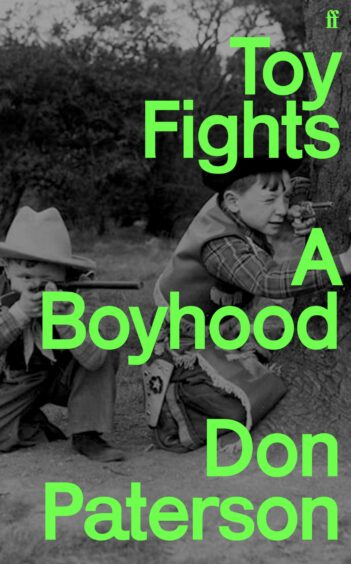
“The truth is that there are mainly happy families on the estates. It’s not a miserable class. It can be a poor class, but it’s not necessarily a miserable upbringing.
“I wanted to show that it’s possible to have a really miserable adolescence without blaming your family for it, or the estate where you were brought up. There’s plenty of damage you can do to yourself without pinning it on that.”
Sugar addiction
Part of the damage for Paterson includes the sugar addiction that does afflict the poor, something that clearly angers him.
“What do you do if you’re working three jobs and have no time for your kids at the end of the day? You throw sugar at them.”
However, then he offers the most elegiac paean to the glories of tablet. Written like a true believer – or addict.
“I can’t have a Mars Bar in the house – ask my wife. I’d be tearing the house apart looking for it.”
Self-reflection
By now it’s probably clear that Toy Fights is a memoir that adds a few colours to each end of the self-reflection spectrum.
Like his dad before him and his brother, temporarily, Don found his way into the offices of DC Thomson, working on Commando war stories.
Although he was sacked after 10 months, it did leave him with a certain precision for the written language – a particular house style for the exclamation of the Japanese soldiers for example.
“Well Aieeee! Should have four es… enough to be excessive, not too many to be daft.”
Toy Fights: A Boyhood by Don Paterson, is published by Faber & Faber. See Don at Topping & Company in St Andrews on February 22.
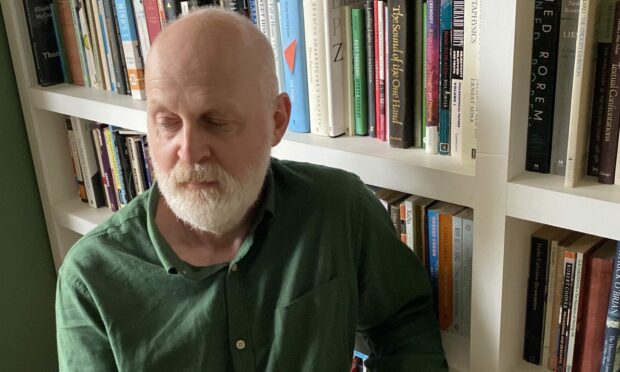
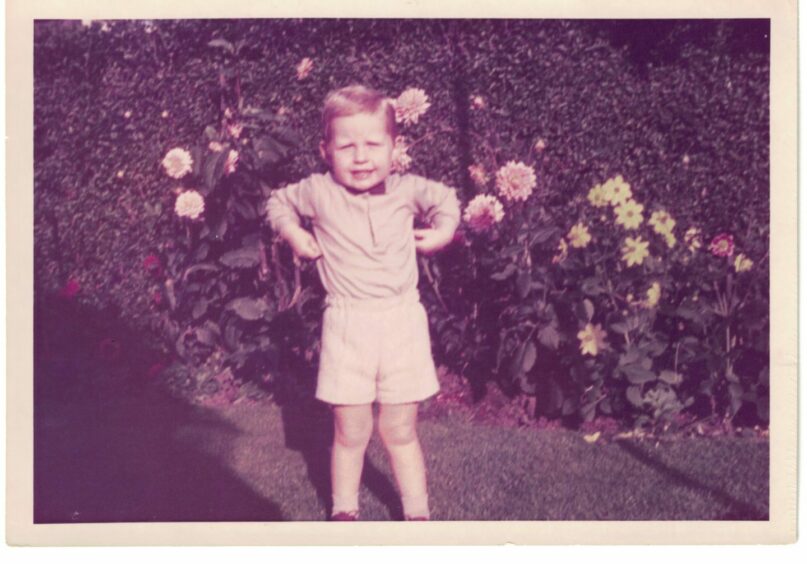
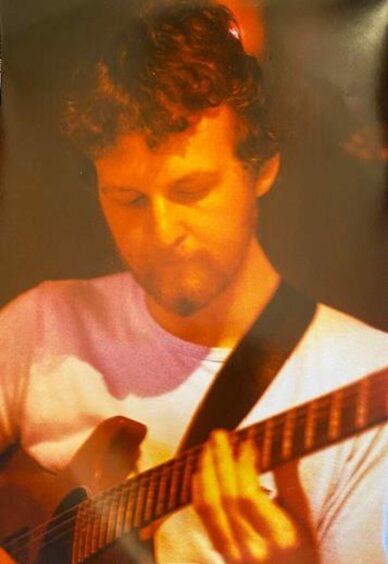
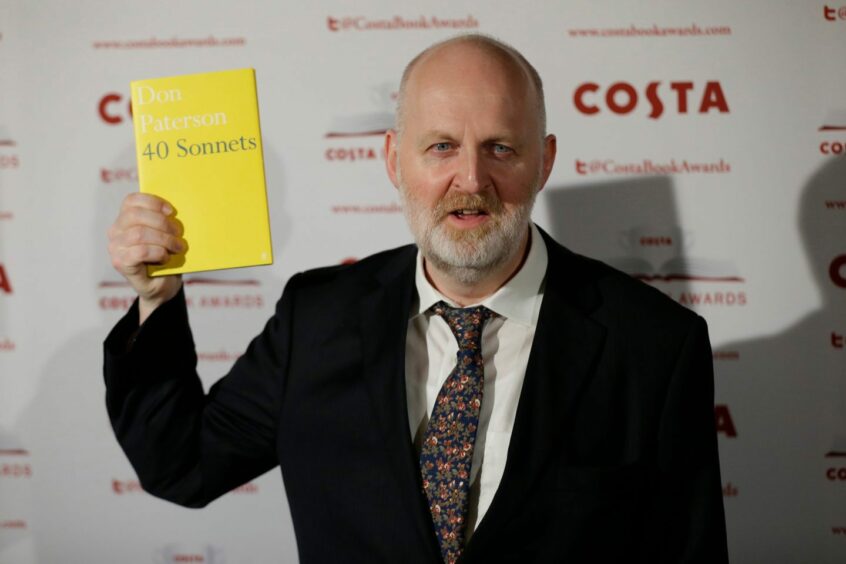
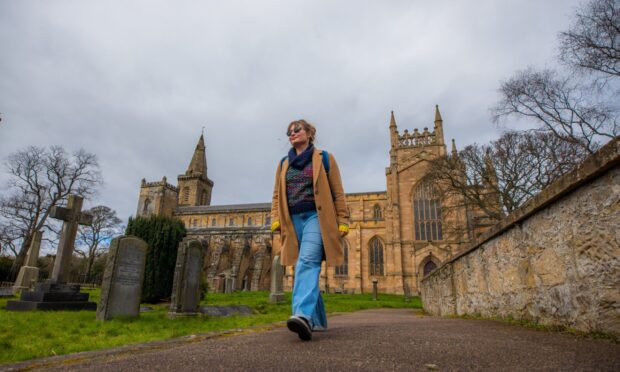

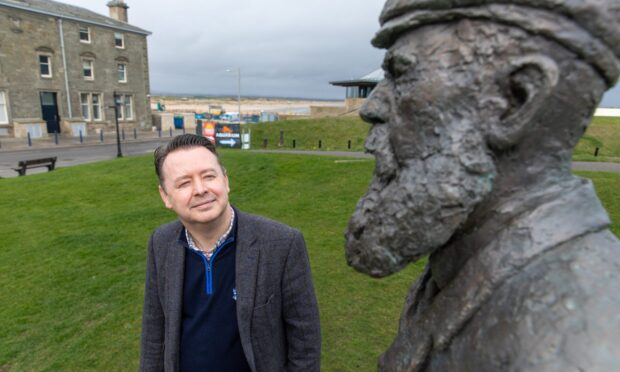
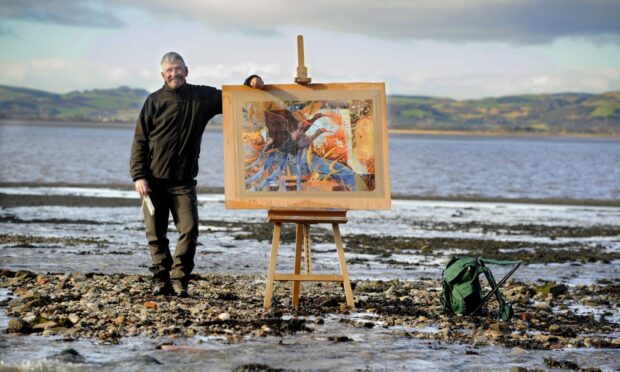

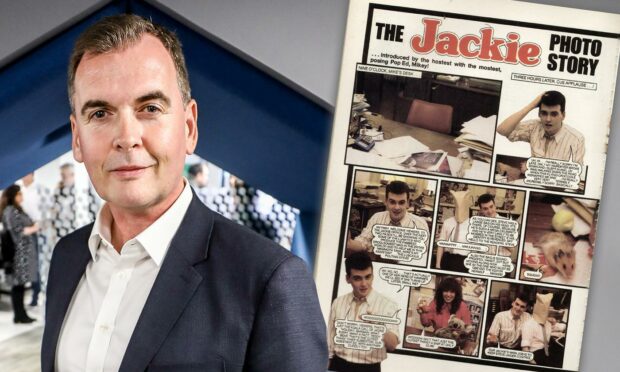
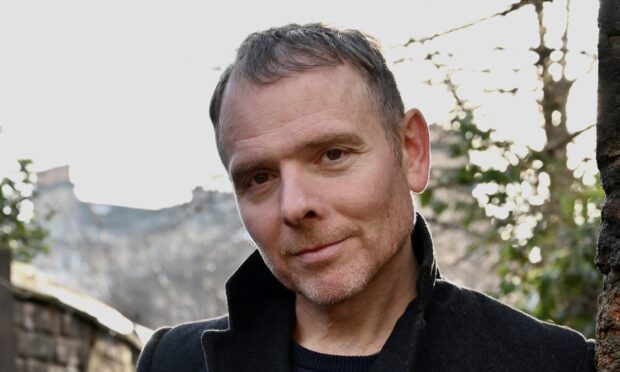
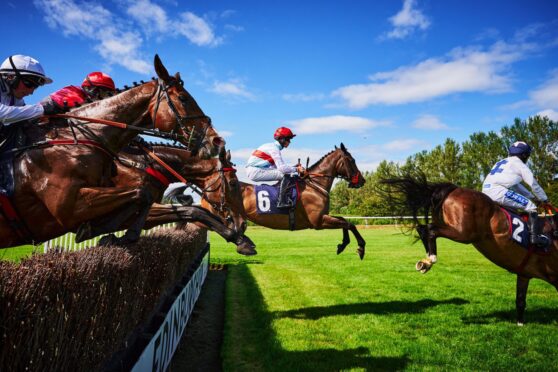

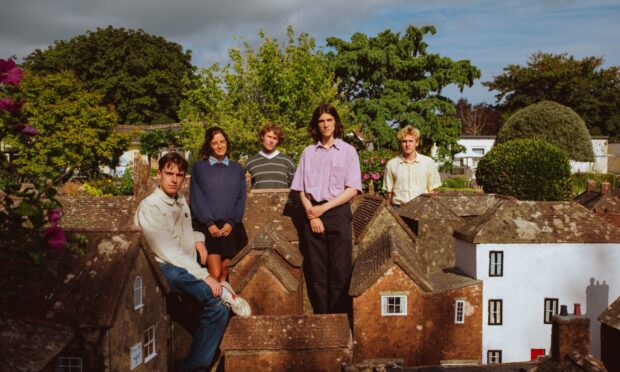
Conversation